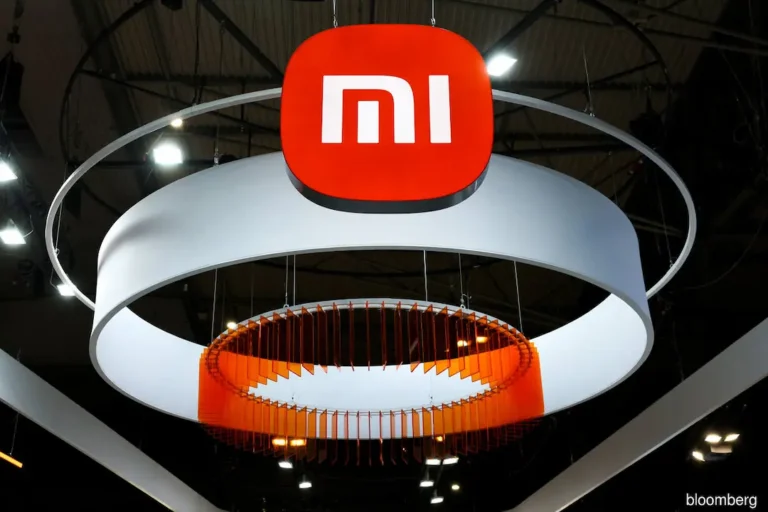Xiaomi has entered China’s growing artificial intelligence market with a new open-source AI model. The tech company, known for smartphones and electric cars, introduced its MiMo model on Wednesday. This model works like DeepSeek’s R1 and aims to think like a human. Xiaomi shared performance data online showing MiMo did better than AI models from OpenAI and Alibaba, although this has not been confirmed by outside sources.
Xiaomi Enters the AI Race
Xiaomi’s MiMo was launched just one day after Alibaba revealed an updated version of its own AI model. This timing shows how fast the competition in China’s AI field is growing. Chinese tech companies are now racing to build strong AI systems after DeepSeek’s R1 impressed the world with its low cost and high ability.
Xiaomi said that it wants to develop artificial general intelligence (AGI). This kind of AI would think and solve problems like a real human. It’s a big step for a company better known for phones, home gadgets, and now electric vehicles (EVs).
MiMo: The New Challenger
The MiMo model is Xiaomi’s first real product from its core AI team. According to a post on the social media app WeChat, MiMo is designed to reason like people. It is similar to DeepSeek’s R1, which became popular for its strong performance and low cost.
Xiaomi said MiMo scored higher than OpenAI’s o1-mini and Alibaba’s Qwen in tests. These results were shared by Xiaomi but have not been checked by independent experts like Bloomberg. Still, the move shows Xiaomi is serious about becoming a leader in AI.
China Supports AI Innovation
Xiaomi’s shares went up more than 5% in Hong Kong after the launch. Other Chinese AI companies also saw gains. This came after state media reported that President Xi Jinping visited an AI tech incubator. This shows that China strongly supports the growth of AI technology at home.
China wants to be less dependent on foreign tech and is encouraging local companies to invest in AI. The country sees AI as a key part of its future, and companies like Xiaomi are now joining in.
Xiaomi’s Bold New Vision
“MiMo is the first taste of our newly established core AI model team,” Xiaomi wrote in its WeChat post. “While 2025 may seem like a late stage to take up the dream of large models, we believe AGI is a long-term endeavor.”
This shows Xiaomi is thinking about the future. Even though other companies started earlier, Xiaomi believes there is still time to become a major player in AI.
A History of Big Projects
This is not the first time Xiaomi has entered a new market. The company is known for affordable phones and smart home devices like rice cookers and robot vacuums. In 2024, founder Lei Jun led a US$10 billion investment into the electric vehicle industry. He called it his final major startup project.
Xiaomi has faced some challenges in the EV space. The company delayed the launch of its first SUV after a deadly accident involving one of its electric cars. That caused a 15% drop in Xiaomi’s stock price in March.
Car Release Still on Track
Even with that setback, Xiaomi said its YU7 electric SUV is still on schedule. The company posted on Weibo, a popular Chinese social media platform, that the car will launch in June or July. This message came after a report from Bloomberg suggested the release might be delayed.
Xiaomi is working to build trust and show it can handle both EVs and AI technology. Its move into the AI world adds to its growing list of projects and shows it wants to be a leader in more than just phones.
China’s Growing AI Field
The launch of MiMo adds more energy to China’s AI race. Many tech companies are now working to create their own large language models. These systems are becoming more powerful and are used in apps, chatbots, and even robots.
China wants to be a global leader in this field. With support from the government and rising interest from investors, Chinese AI is moving fast. Companies like Baidu, Alibaba, and now Xiaomi are all building new models to compete with U.S. tech giants like OpenAI, Google, and Microsoft.







